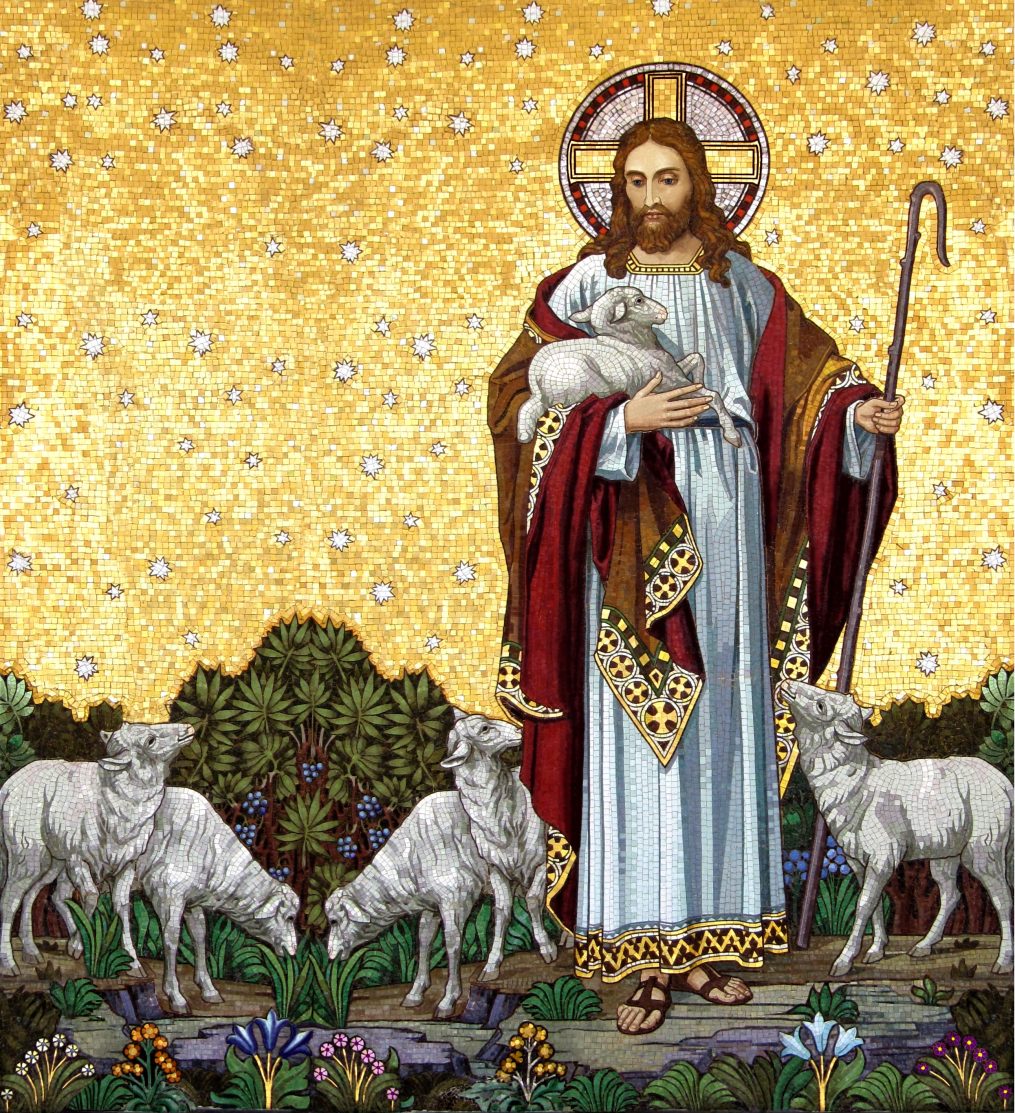Liturgical Colour : Green
Dear brothers and sisters in Christ, on this day we heard the passages from the Sacred Scriptures, which message is very clear to us. Today we are all reminded and also called to service, to the service of our brethren, our brothers and sisters around us, in our neighbourhood and society, and foremost of all, to serve the Lord our God with all of our might and strength.
In our first reading today, we heard about the calling of the prophet Jeremiah, a great prophet who preached the word of God to the people of the kingdom of Judah during the last days of that kingdom, just before the time when the Babylonian exile happened. The prophet Jeremiah was called from a humble origin, and he was called to serve the Lord even amidst the challenges.
And he did not have an easy task, as those to whom he was sent to by the Lord refused to listen to him and rebelled against the Lord all the more. They refused to abandon their wickedness and repent in sincerity to the Lord, and as a result, their fate was sealed, that is to be bereft of their rights to dwell in the land promised to their ancestors, they were scattered to the foreign lands and their properties seized by their conquerors.
In the Gospel today, we heard about our Lord Jesus Who went back to His native village of Nazareth in Galilee, where He lived and where His family lived. But the people there were also indignant and refused to believe in Him, despite certainly having heard of the great deeds that Jesus had done with the people of the surrounding towns and countryside as He ministered to the people of God there.
They did so because they thought that their human wisdom, power and intellect were better than the wisdom of God, and thinking that Jesus Who once lived among them, the Son of a simple carpenter Who now preached the Good News of God, healing the sick and performing miracles was too much for them to believe in. They preferred to remain in their preconception and their prejudice against Him, thinking that He was a nobody as He was before.
Carpenters were not highly regarded as it was seen as a menial labour, a hard job that brought about little recognition, glory and income. And many looked down on such professions, just as prophets themselves during the time of Jeremiah and the time before and after that had been treated. Many of them were thought as madmen and as crazy people who talked nonsense.
Why was this so? This is because they often spoke of doom and bad times to come, because of the failure of the people of God to obey the commandments of the Lord. We in our human nature always prefer to think of good times and we do not like to suffer or to face the ugly truth about ourselves. The truth is that all of us are sinners, and we need some help for ourselves, but many of us deny this truth.
So today, the message from the Sacred Scriptures is that all of us are also called like the prophet Jeremiah, and like the other holy prophets, saints and servants of God, to also walk in the same path, to proclaim God’s Good News to His people, and to bring His salvation closer to them all. And it does not require much for us to do, but starting from faith and from love, that is the faith and the love that we need to have for the Lord our God.
All of us who believe in God should also understand that we all have a responsibility to be witnesses for our Lord, that through our words, deeds and actions we show to the world, to all others around us, that we believe in God, in Whom alone there is truth and salvation. We have been called to be bearers of God’s salvation, so that just after we have been saved through our faith, many more will also be saved.
We have been called today to become the modern day disciples, prophets and servants of the Lord, walking with Him in faith and proclaiming His good deeds to the people, so that through our examples and works, we may help to bring many people at the edge of the precipice of darkness and damnation into salvation and eternal life in God. This is our mission, the mission which our Lord had entrusted to His Apostles, and which has been passed down to us even to this day.
There will indeed be challenges and difficulties on our path, just as our Lord Himself and His Apostles had encountered rejection and ridicule, contempt and persecution. But if we remain faithful and carry out our duties to the end with faith, our rewards in God will be truly great indeed. Let us all not be fearful or be afraid of the rejection of the world, but be courageous always in faith, carrying out the Lord’s good works to all the peoples through our own lives.
May God bless us all in our endeavours, and may He keep us in His grace, blessing us and giving us the strength and courage in heart, that we may always remain true to our mission and be committed always to our cause. May God be with us all, now and forevermore. Amen.
